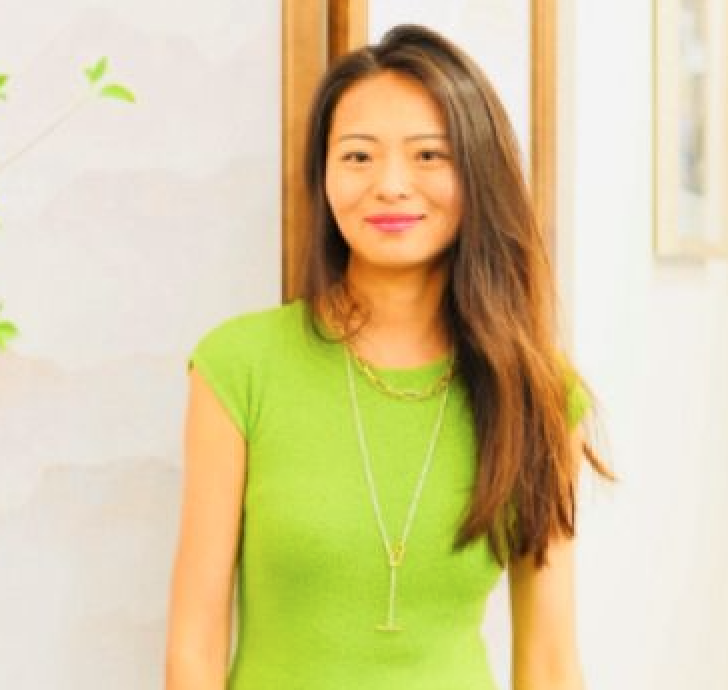For two years, I was a full-time therapist-in-training in San Francisco. During that time, I inevitably took on the role of a ‘therapist’ in my personal life as well—it felt natural to see through the people around me, noticing their wounds, pain, and even some odd acting-out at 7 am on a random Monday morning.
As I adopted the lens (or even the identity) of a therapist, my perspective on people shifted, and my relationships began to mold into the “therapisty” role I was both willingly and unconsciously playing.
I couldn’t resist the urge to extend my understanding and acceptance. I could see clearly and understand humanely: he was just a kid; life sometimes gets hard; she must be under so much stress; it's just a human thing to be inadequate in relating to others … I was certain this was the path I wanted to follow and the person I wanted to become. But it quickly became overwhelming.
Those two years were both wonderful and, in some ways, painful, as most of the time life is. While I connected with the people I cared about, there were moments—like locking myself in the bathroom at midnight—when I felt strangely… alone.
In the years that followed, as I stepped out of my therapist role, my perspective began to shift as well.
Way before we come along, they were being designed and brought into existence. Many elements contributed to their fortunate and unfortunate construction, resulting in the people we see today. They have done everything they could to survive and thrive.
It’s important to understand that we have no power—and no responsibility—over the emotions or behaviors of others. We cannot make someone trust us. We cannot “complete” anyone. Nobody needs to be “fixed." In other words, we shouldn't and aren't able to carry on other people's lives.
If we get extremely lucky, we would be a tiny yet honest part of the observation of their own life evolution - without much of our intervention but with their most genuine intention, courage and efforts.
I also realized that in the need to give up on some people, I first needed to let go of the “identity” of being a therapist.
It’s something I do, not who I am.
With some people, acceptance might look very strange: understanding and walking away. This isn’t an act of cruel abandonment; it’s a sign of healthy learning to self-love, to forgiveness, and to freedom.

